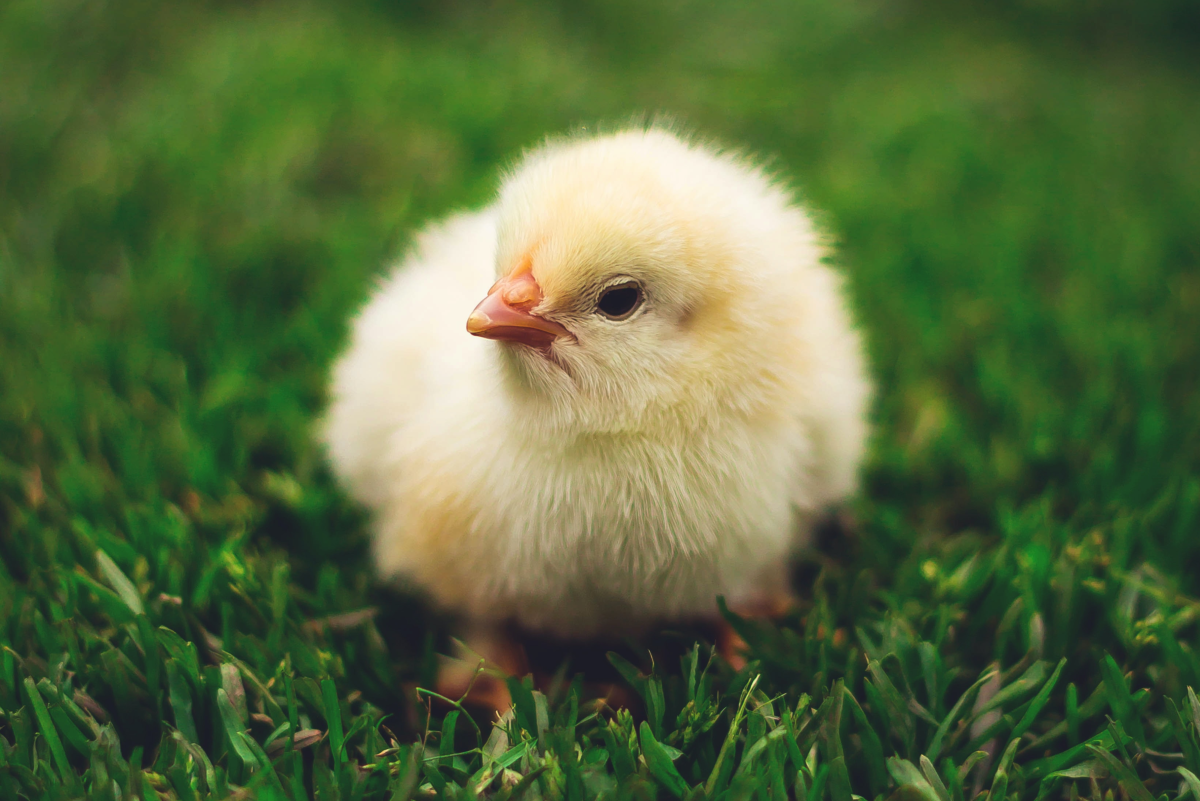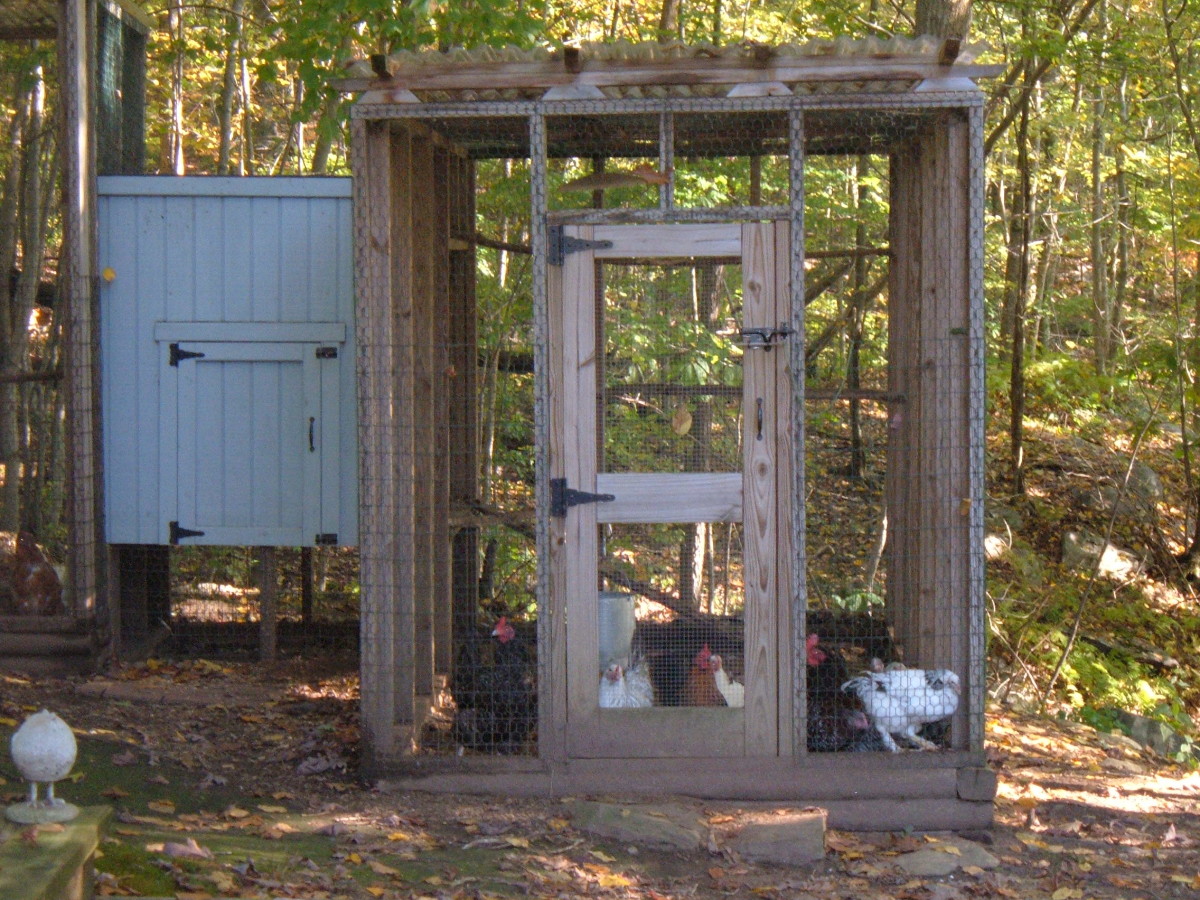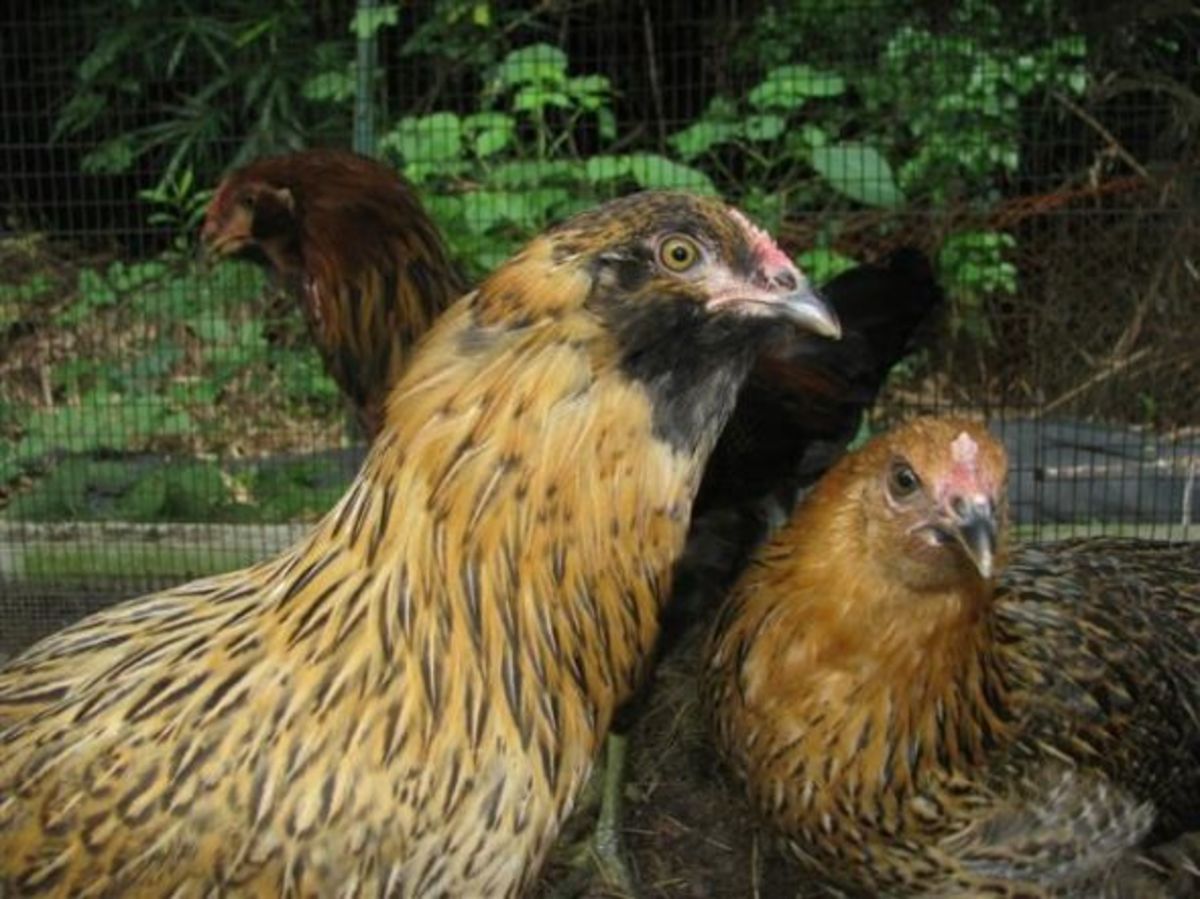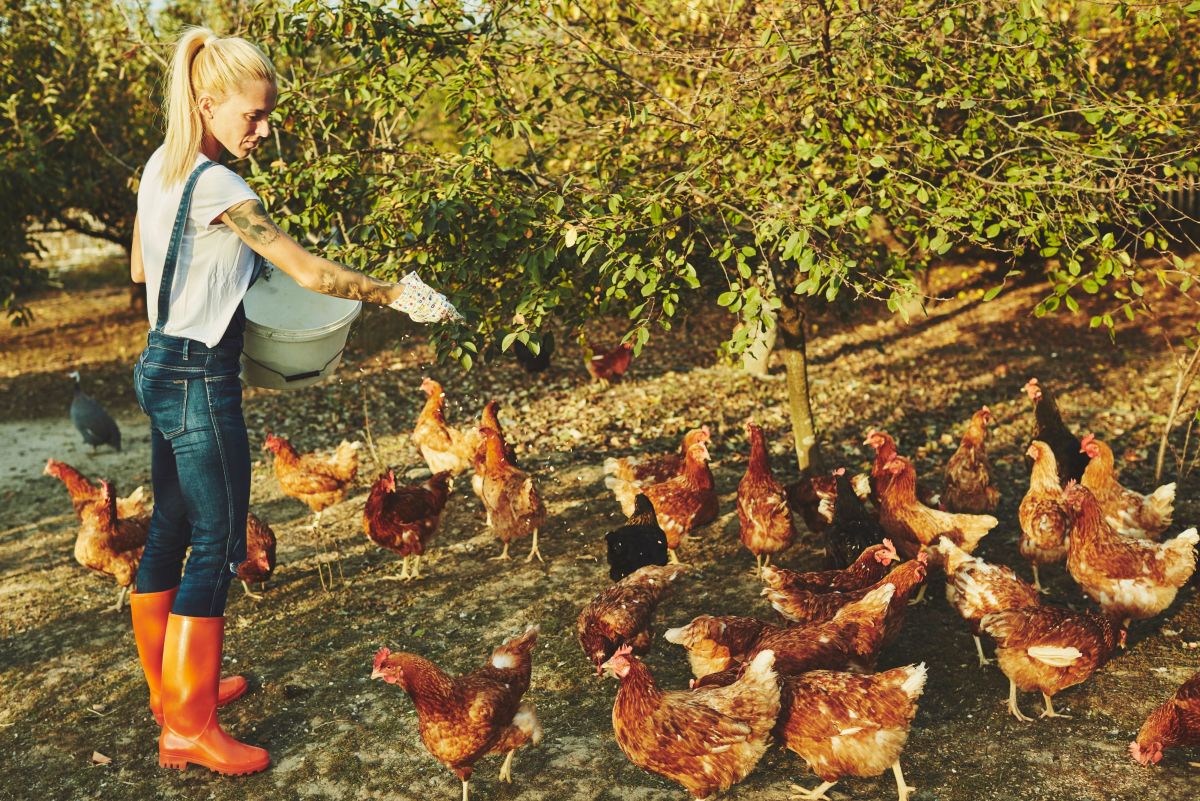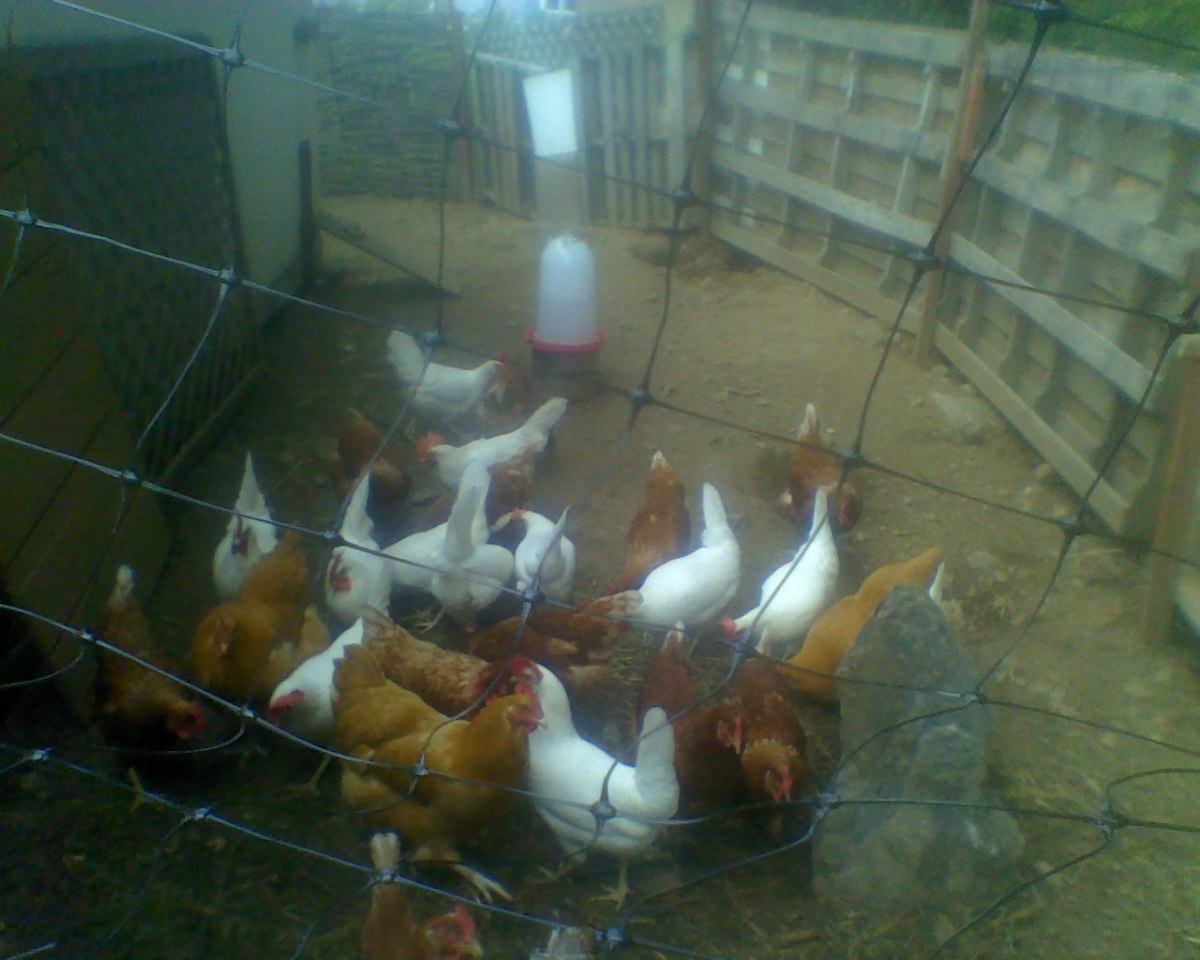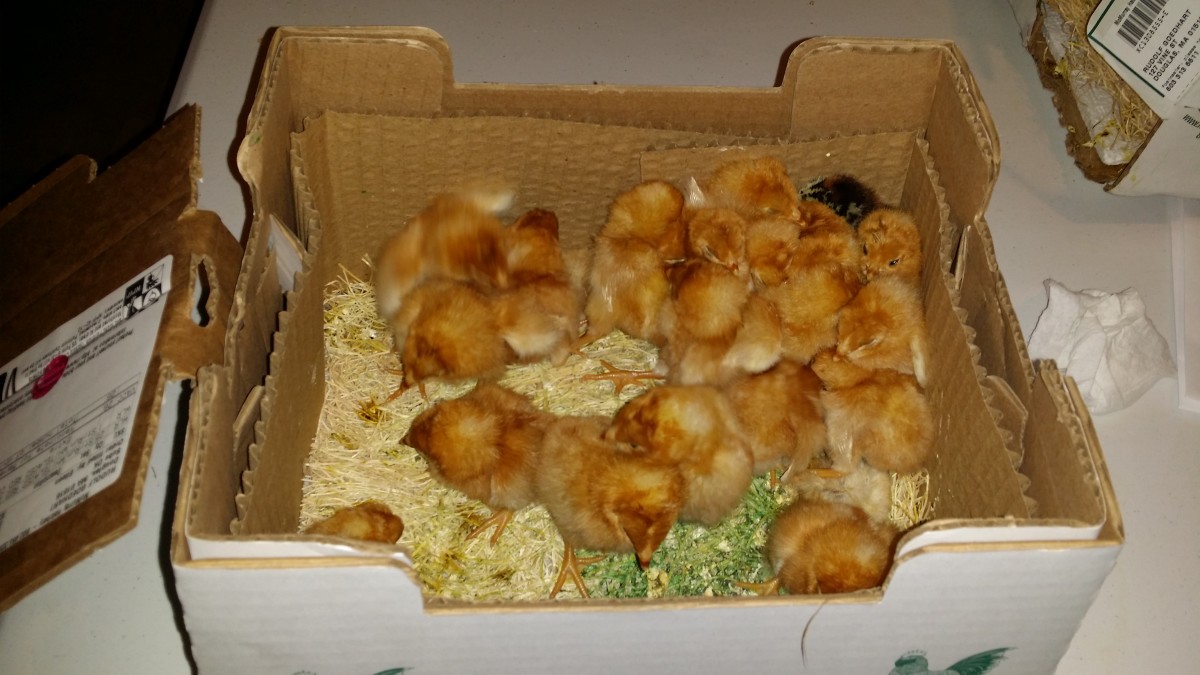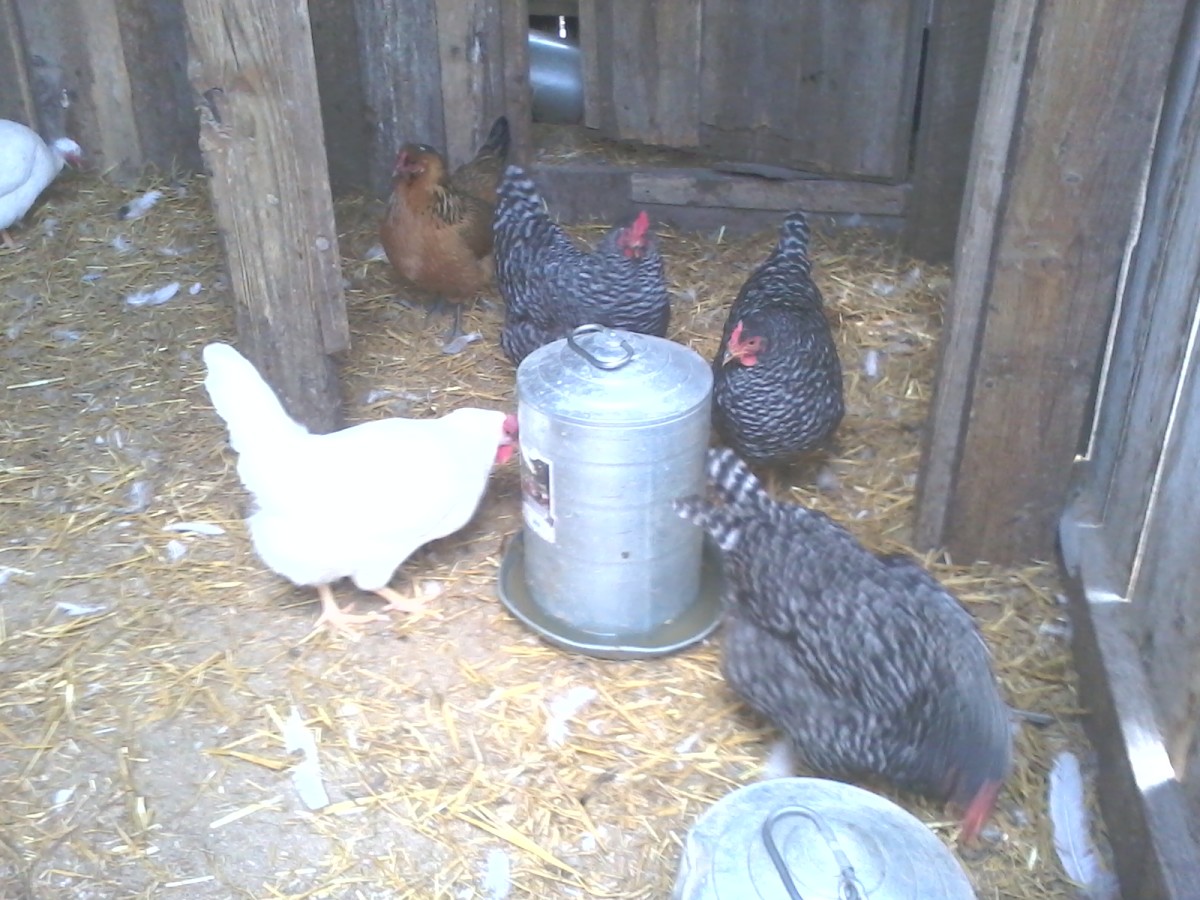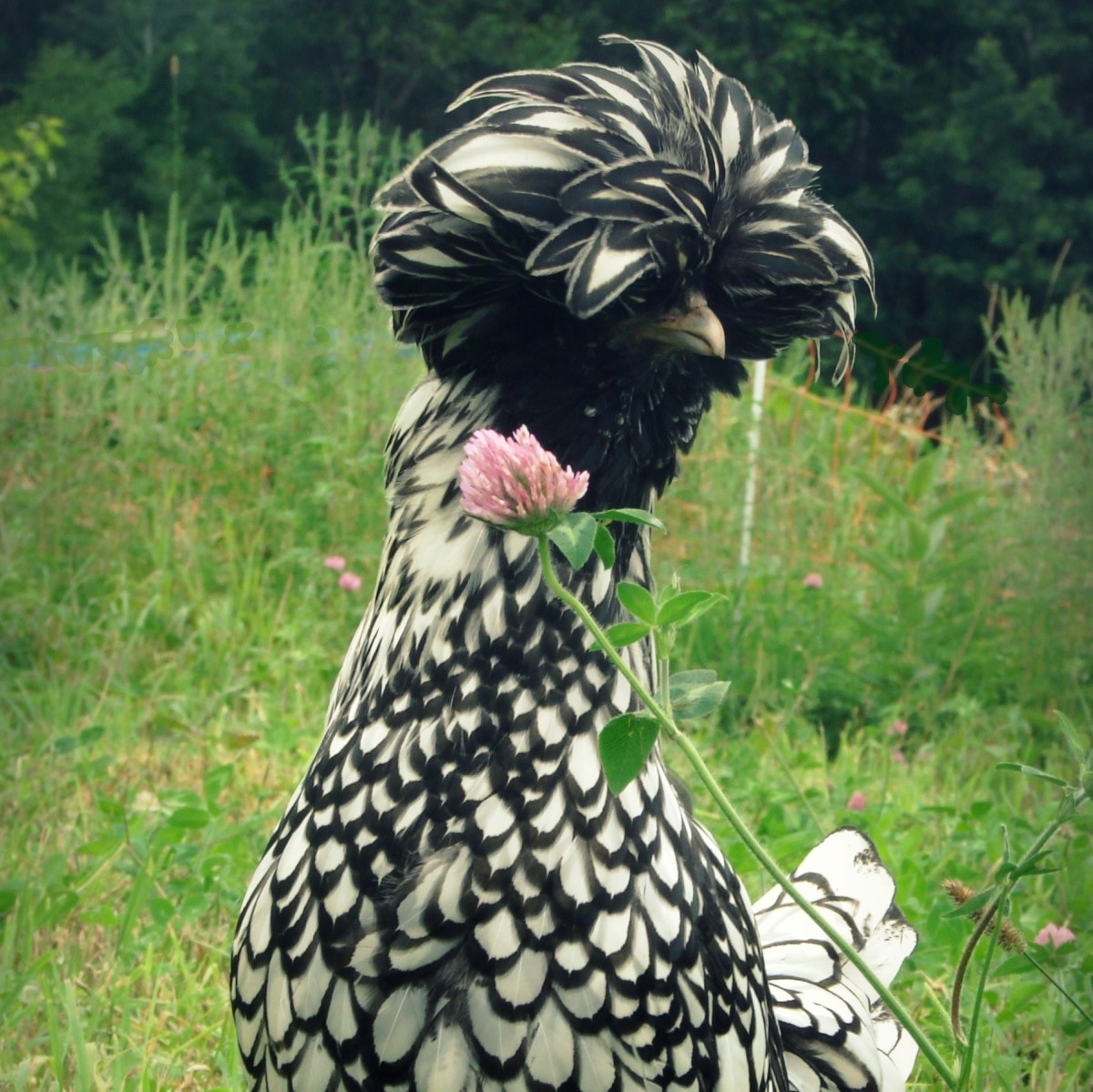Raising Chickens for Beginners Part 1
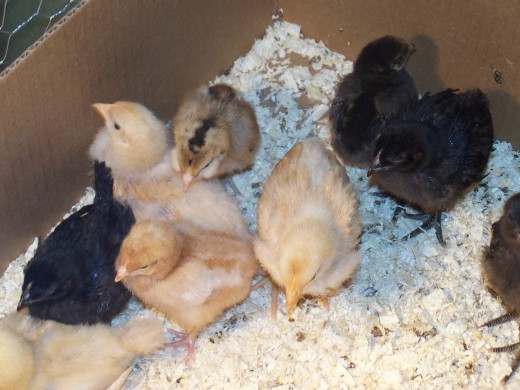
So You Want to Get Chickens
Or you've got them and aren't sure what to do with them. If you're like me, you bought books, did research and then decided that it was the right option for you. If you're one to jump before thinking too much about it, then you saw the cute little chicks in the store and said, "Why not?"
This article assumes you've already decided to get chickens or have just got them. If you're not sure about whether or not chickens are for you, see my other article: What to Know Before Getting Chicks or Chickens
How About Those Meat Birds?
Do you want to raise chickens for their meat? You can get birds specifically meant for meat, or dual purpose birds. Dual purpose birds are ones you can use for meat, but they are also great egg layers too. For some people, once the hens are no longer laying a good amount of eggs, they're used for the other....purpose.
The down side to using dual purpose birds for their meat is that you may have grown attached to them by that point. Believe it or not, many dual purpose breeds are quite social and friendly with their human families and it might be hard to serve up "Goldie" on a silver platter after spending afternoons watching her antics and having her follow you around to see what you're up to. But if you're not the sentimental type (as I so obviously am!) then go ahead and choose this type of chicken for its many benefits.
You'll want to think about whether or not you'll be the one doing the butchering. This probably isn't something that you'd want to do out in view of your family or neighbors, so make sure you have a good spot for this job. If you're not up for it, then call around and see if there's a butcher in your area who will do it for you. This takes away from the cost benefit of raising your own, but not everyone is cut out for....well, the cutting!
Benefits of Eggs and Manure
Who knew those two things went together? Well, chicken owners for a start! Believe it or not, one is just as beneficial as the other. But first let's talk about the eggs. If you're getting egg layers, which is usually the main benefit people think of when deciding to raise chickens, then make sure you think about how many eggs your family needs and then decide how many laying hens you need for that amount. It's always better to have more than one hen though. Chickens are social creatures by nature and are happier when they have other hens to interact with. Another plus side of having more than one hen is that you can always sell your surplus eggs to the neighbors!
The more chickens you have, the more poop you have to clean up though. The ideal way to handle this is to have a composting area for all of it. Gardens love chicken manure! If you're not interested in composting it for yourself, see if any of your neighbors are interested in it. Just know that you have to let it age before putting it in your garden, otherwise you'll do much more harm than good. For more information on composting chicken manure, I'll have a link in my resource section.
About Your Coop
When choosing or building the right chicken coop, make sure that you have enough space for your chickens. Hens need at least two square feet each in the coop for moving around, and when doing a chicken yard (fenced in area around the coop for them to stretch their legs), make sure you give them at least three square feet each, though more space would be ideal.
Hens also need a nesting area that's about 18 square inches. Hens will share their nesting boxes, but they don't want to have to wait too long for it. A good rule of thumb would be two hens to a box.
They like to have a place to roost, too. This is an elevated area, usually a rod or 2X4 where they can jump up to rest. Make sure that your roosting area is not above the food and water, or the nesting boxes, because you'll have a real mess on your hands.
Be Aware of Predators
Make sure you take into account the predators in your area who would love nothing better than to make your chickens their next meal. I've heard many a horror story of raccoons, foxes, coyotes, opossums, skunks (and the like) getting into the unsuspecting owners' coops and making away with their chickens (or as is often the case of a raccoon, just tearing all the poor birds to pieces).
Make sure if you have those kinds of animals in your area that you get at least 19 gauge fencing with small openings (half-inch is ideal) so that predators can't reach in to grab your chickens. This holds true for your coop and yard. You'll also want to bury part of the fencing to deter the diggers. Oh, and since raccoons know how to undo latches and open doors, make sure that if you have those little critters in your area that you have locks on your coop and yard. Do not use chicken wire if you are in an area with these predators. If you do, you're likely to lose at least part of your flock.
If you have hawks and owls, you'll also want to prepare your chicken yard with that in mind by doing a roof over it. See? You're not the only one who likes chicken!
Enjoy Your Flock
Contrary to popular believe, chickens are not brainless. They're fiercely protective of each other, have a certain order they follow and they're smart enough to know when it's time to run away. Watching them can be a great learning experience and also an excellent form of entertainment!
Happy chickens are the most productive, so keep that in mind when caring for them. You won't regret it in the end.
Resources to Help You Raise Happy Chickens
- Raising BackYard Chickens, Build a Chicken Coop, Pictures of Breeds
How To Raise Chickens, Build chicken coops, Hatch baby chicks. Everything you need to know about raising rural or city chickens in your own backyard. - Composting Chicken Manure Seattle Tilth
Step-by-step directions and info on composting your chicken manure. - Supplies to Get for Your Baby Chicks
Like most animals, there are certain things a chick needs as it grows. They need a safe, warm place to grow. They need food and water. Oh, and they need someone to clean up after them. Go figure! It's good to...


